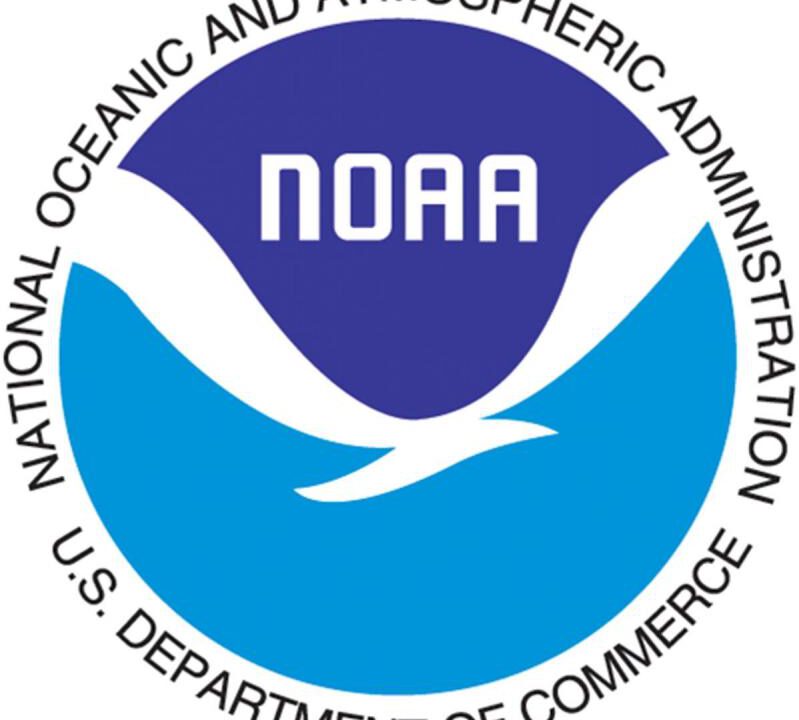
NOAA Activity: Seasonal Swings
Compare weather data between estuaries at different latitudes to determine trends between air and water temperature and dissolved oxygen.

Compare weather data between estuaries at different latitudes to determine trends between air and water temperature and dissolved oxygen.
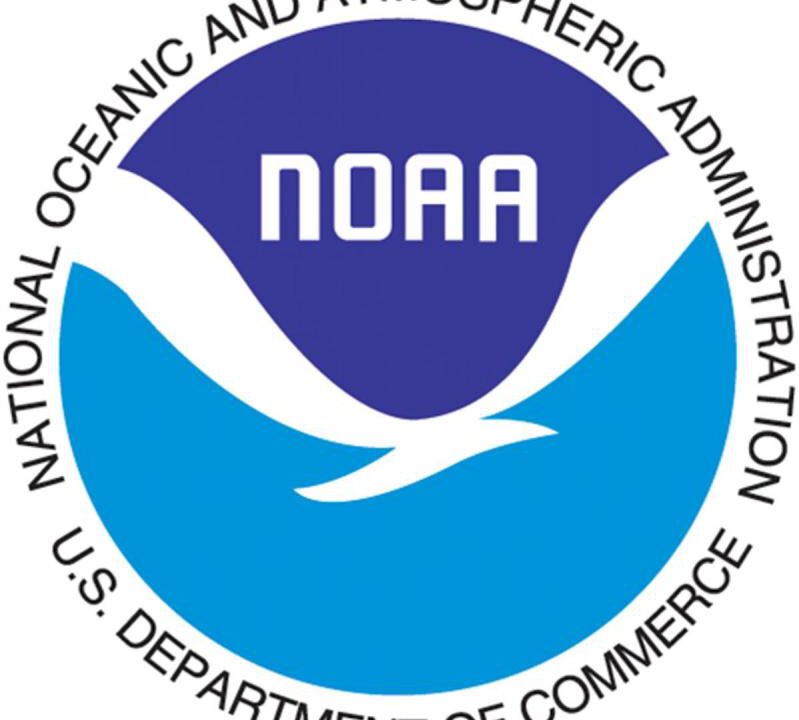
Students discover what causes global climate change, how climate change can affect human communities, and cite evidence of climate change in the 21st century.
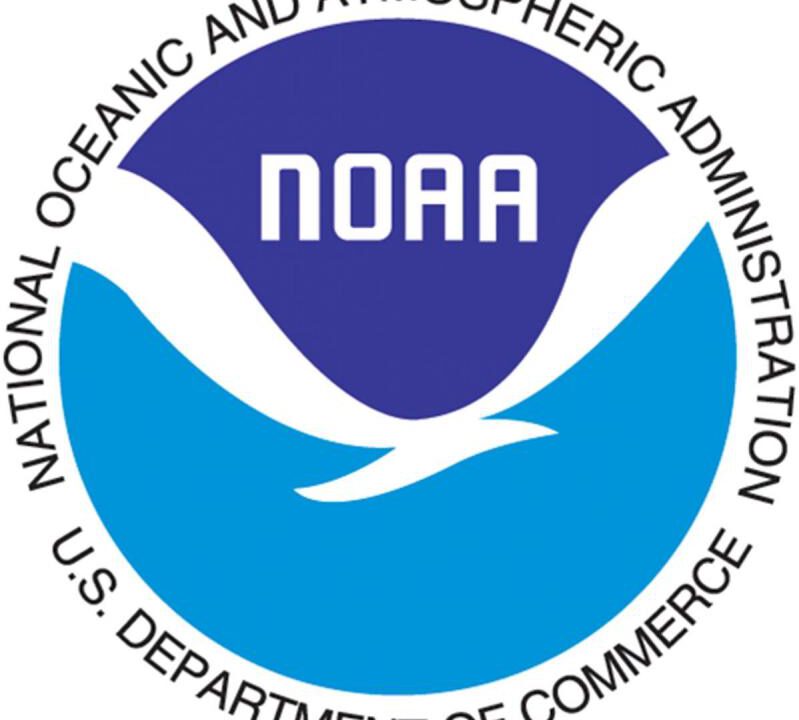
Students will build an estuary food pyramid and discuss how marine food webs will be impacted by climate change through a scientific article.
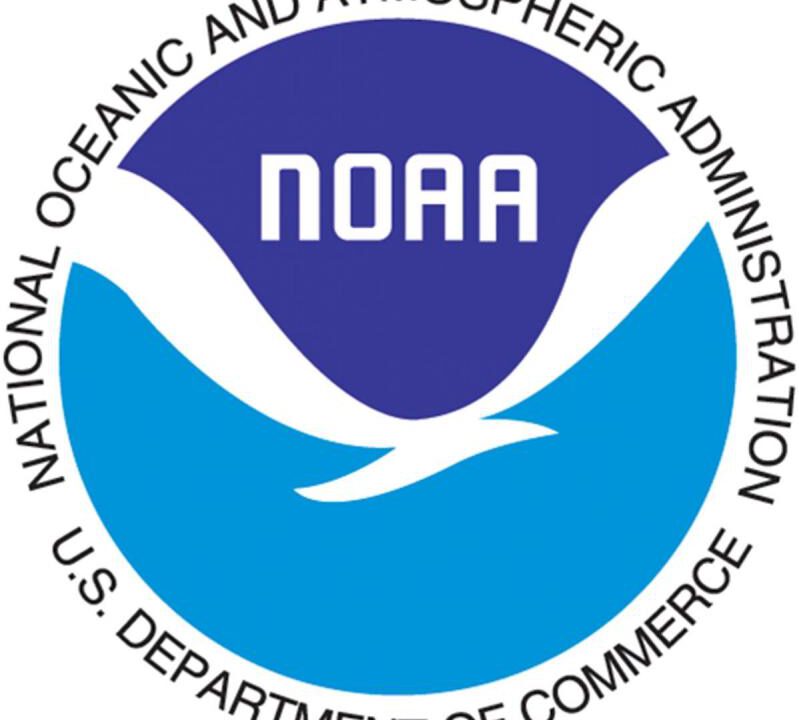
Web-based resources to determine the impact predicted higher tides on coastal areas, devise a plan to mitigate for these tides and discuss how to apply this to communities.
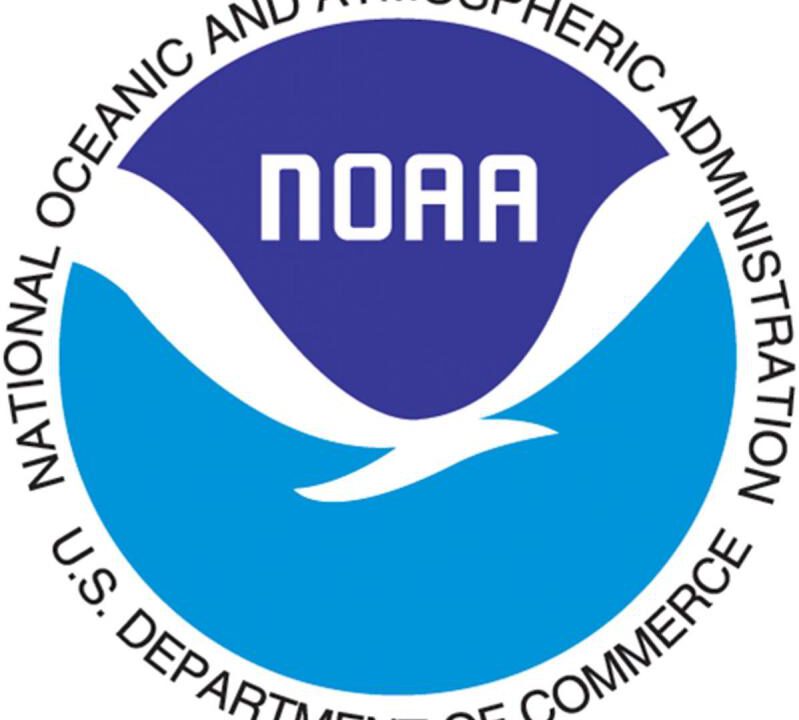
Students learn the effect of ocean currents on climate change and determine how changes in atmosphere and ocean temperatures could change the Great Ocean Conveyor Belt.

Project Wild is a great resource that includes Teacher Workshops, Teacher Training, Activities, Field Investigations, and Student Resources. Topics focus on Conservation, Wildlife, Natural Resource management, Renewable Energy Sources, habitats,
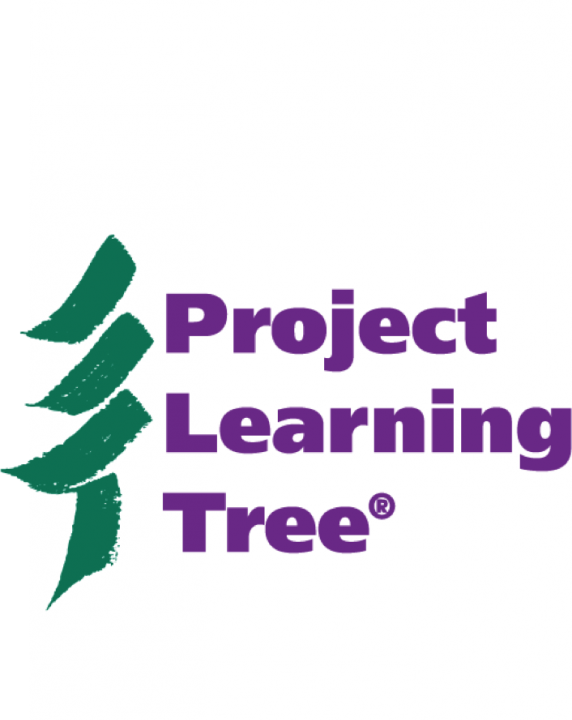
Project Learning Tree is a great Teacher Resource that includes Teacher Trainings, Workbooks, Student Activities, E-units and more! Include a vast amount of nature related topics including Climate Change Impacts,

BioInteractive brings real world science to classrooms from the scientists lab in a fun and engaging way. Includes topics on Climate Change, Genetics, Ecology, Biochemistry and more! Enjoy classroom resources,
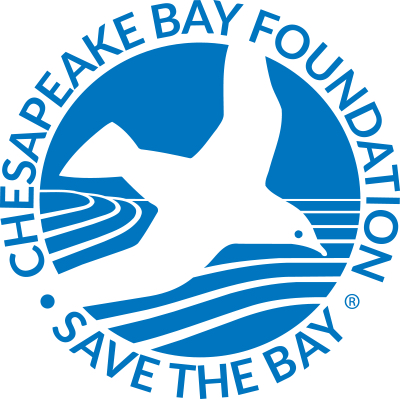
Resources about the Chesapeake Bay and its Tributaries National Park Service’s Chesapeake Explorer mobile app, Online Chesapeake Bay, Susquehanna River & Tidal Tributaries Access Guide, Includes guides and trails for
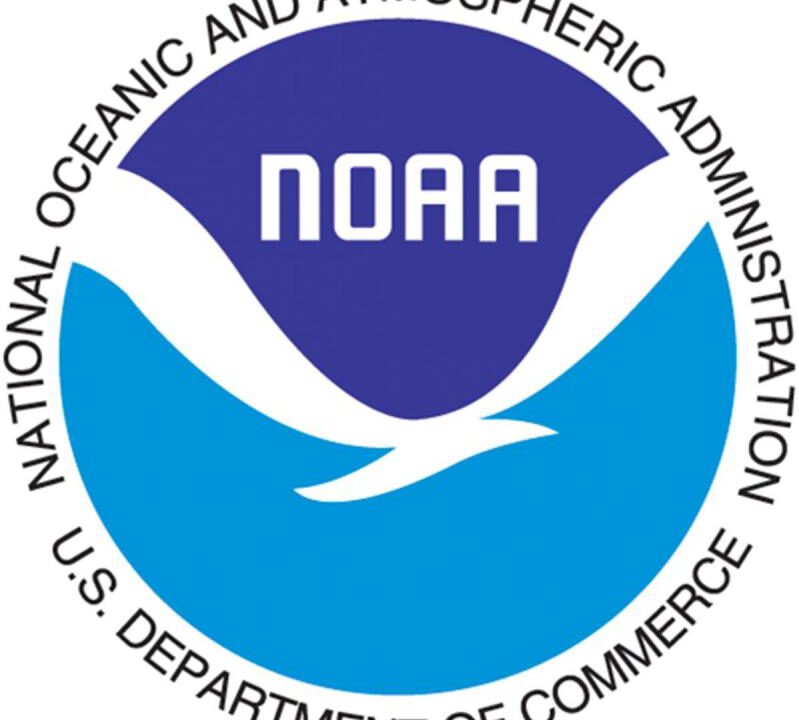
NOAA’S Climate Education resources include activities, research, cases studies, data, charts, and background information on Climate related topics. Topics include Carbon Cycle, Changing Seasons, Climate Change Impacts, Climate Monitoring and
Thank you for your interest in the Elizabeth River Project’s Ryan Resilience Lab. We’re delighted that our site is in high demand. As the Ryan Resilience Lab is operated by a small non-profit with a big environmental mission, please help us make sure your event is a great fit.
Our priority is to host groups with relevance to our mission: to restore the Elizabeth River through equitable collaboration with diverse communities, governments, and businesses. When space and staff support are available, we are happy to host such groups free of charge, but do request that you consider an organizational membership and allow us to offer the opportunity for individual memberships.
Please fill this form out at least 30 days in advance of the event.